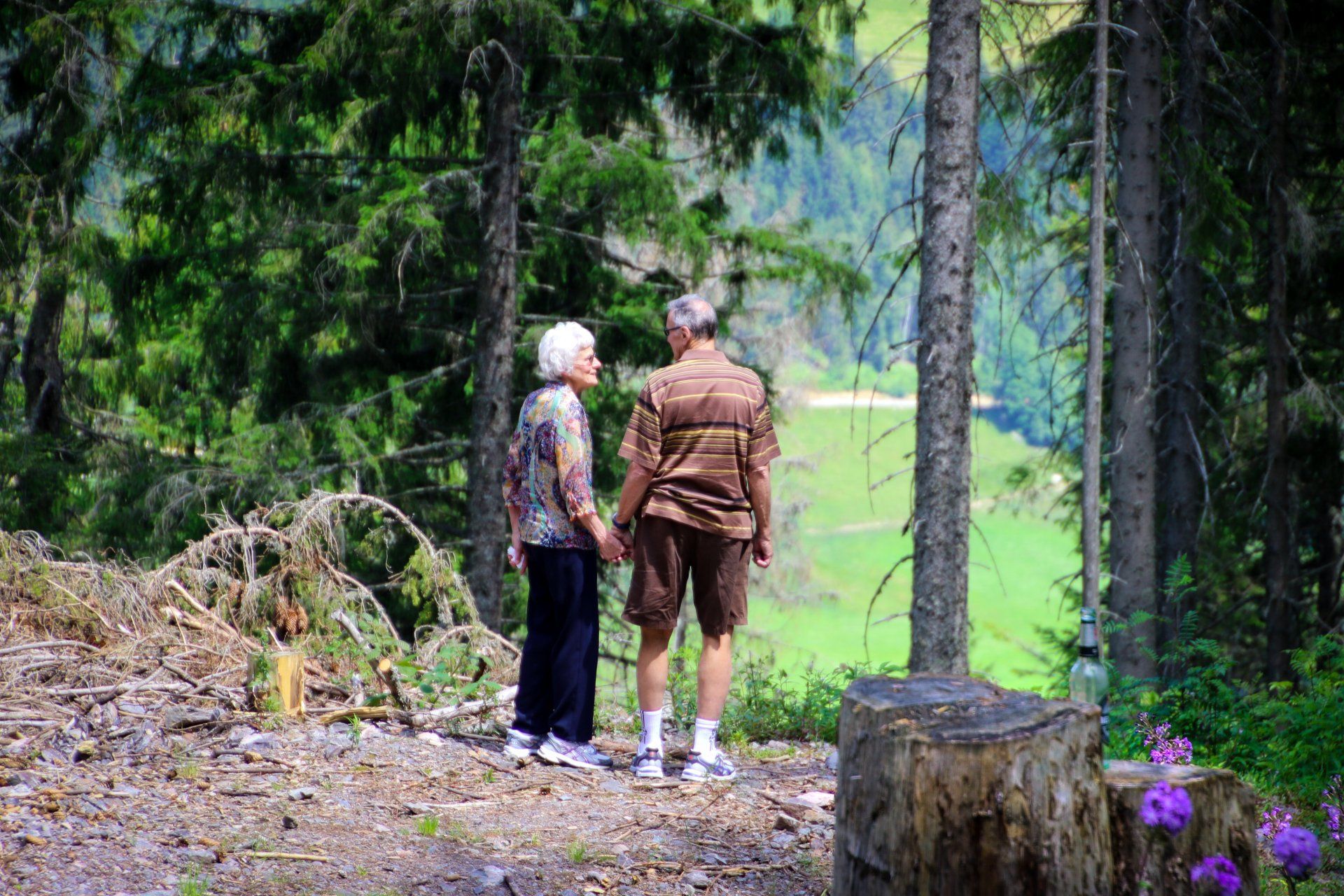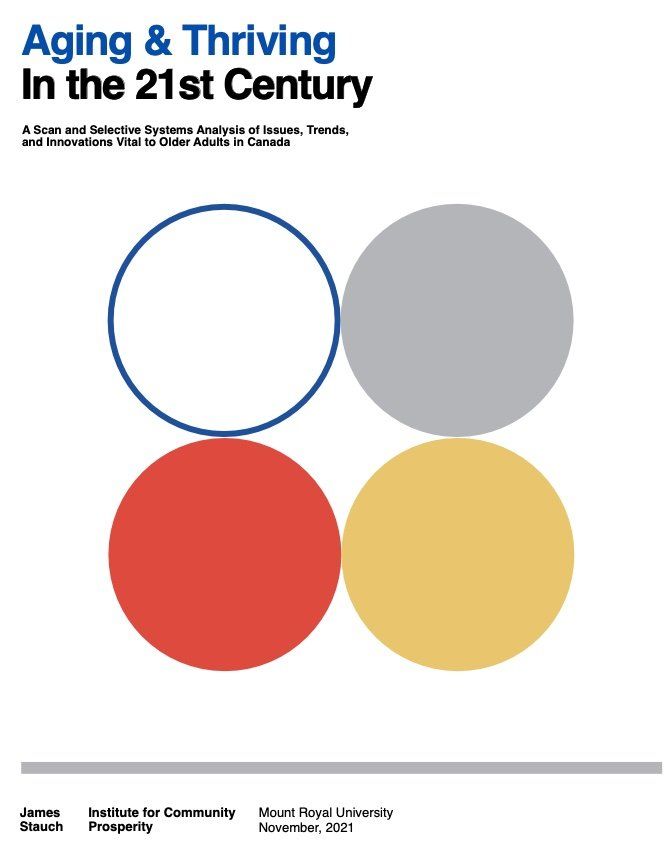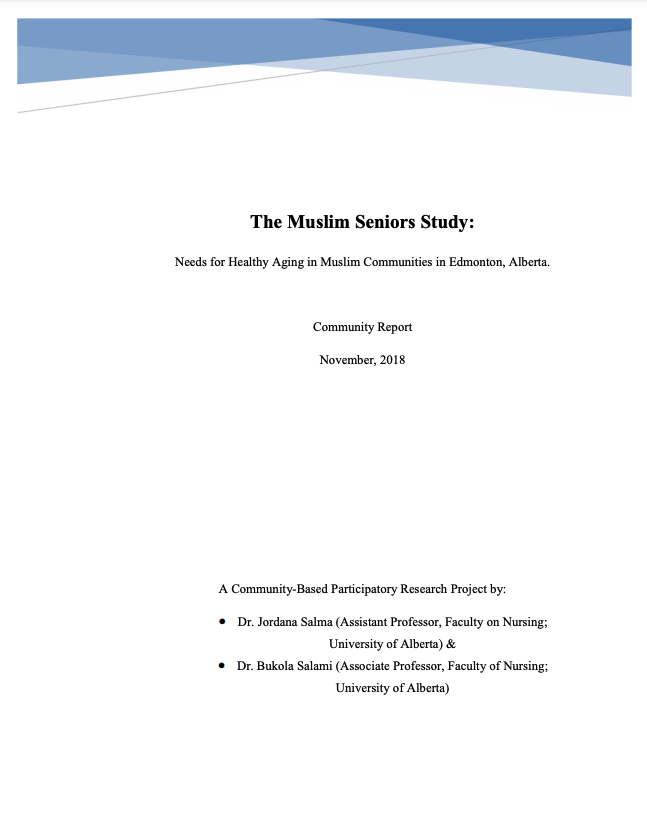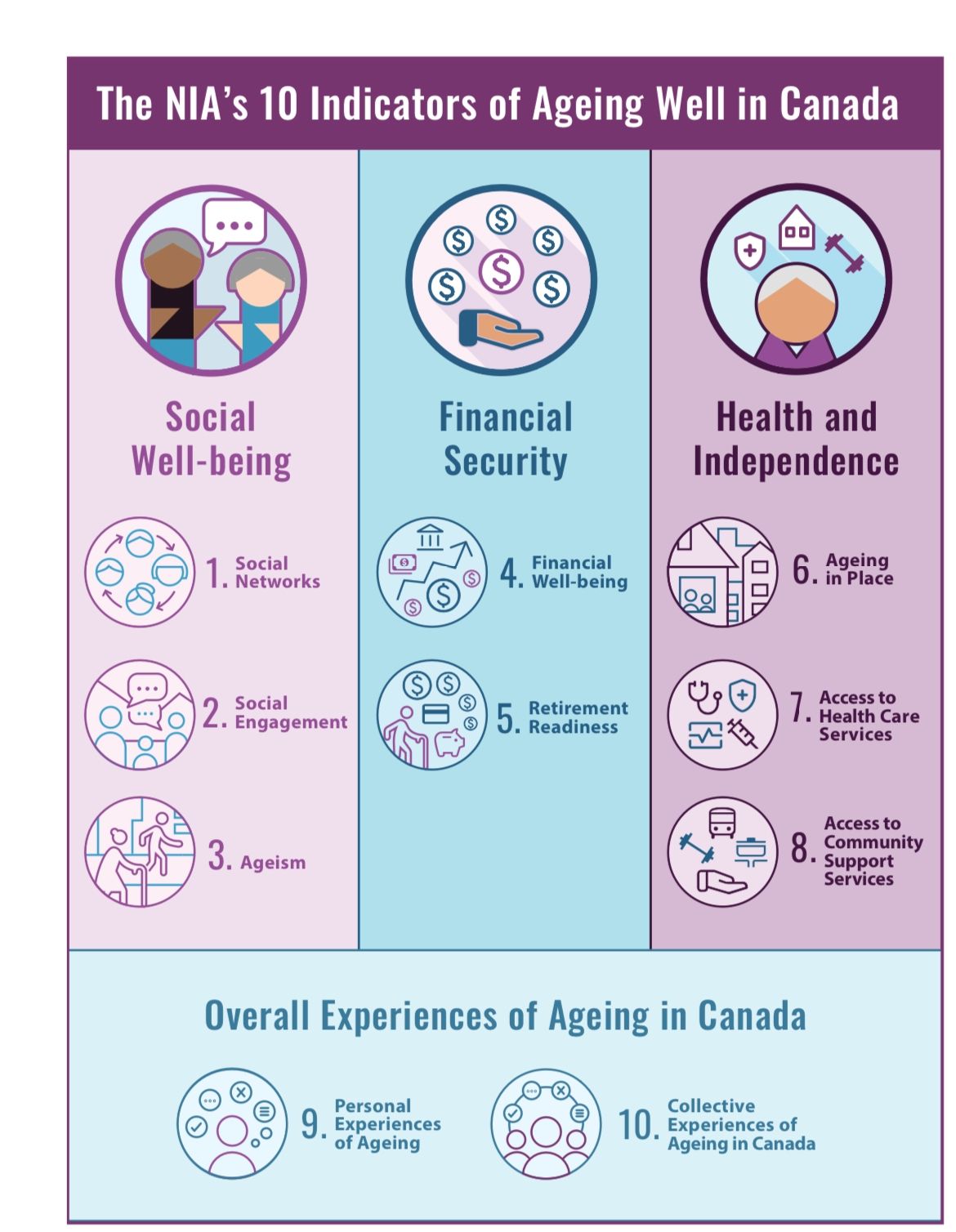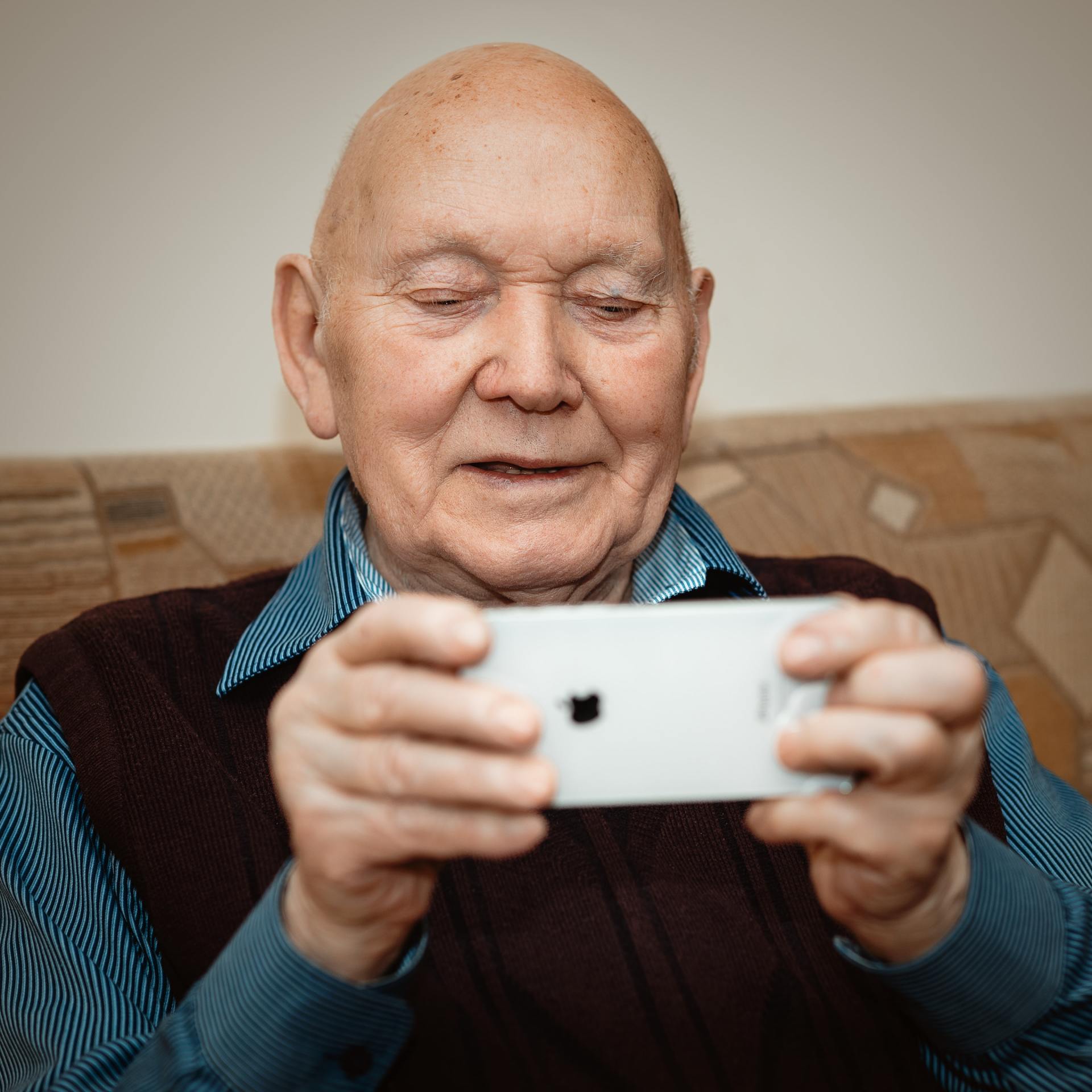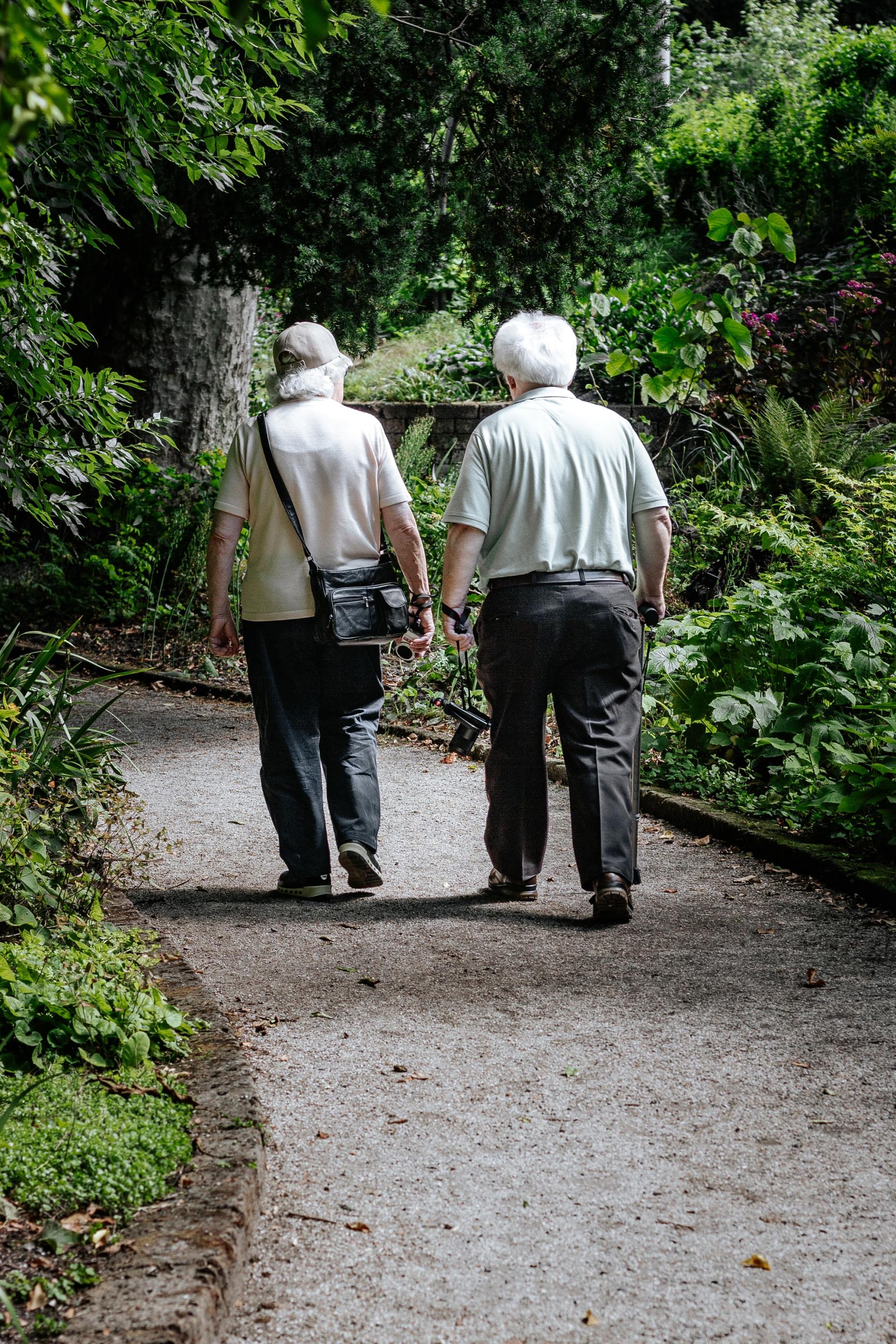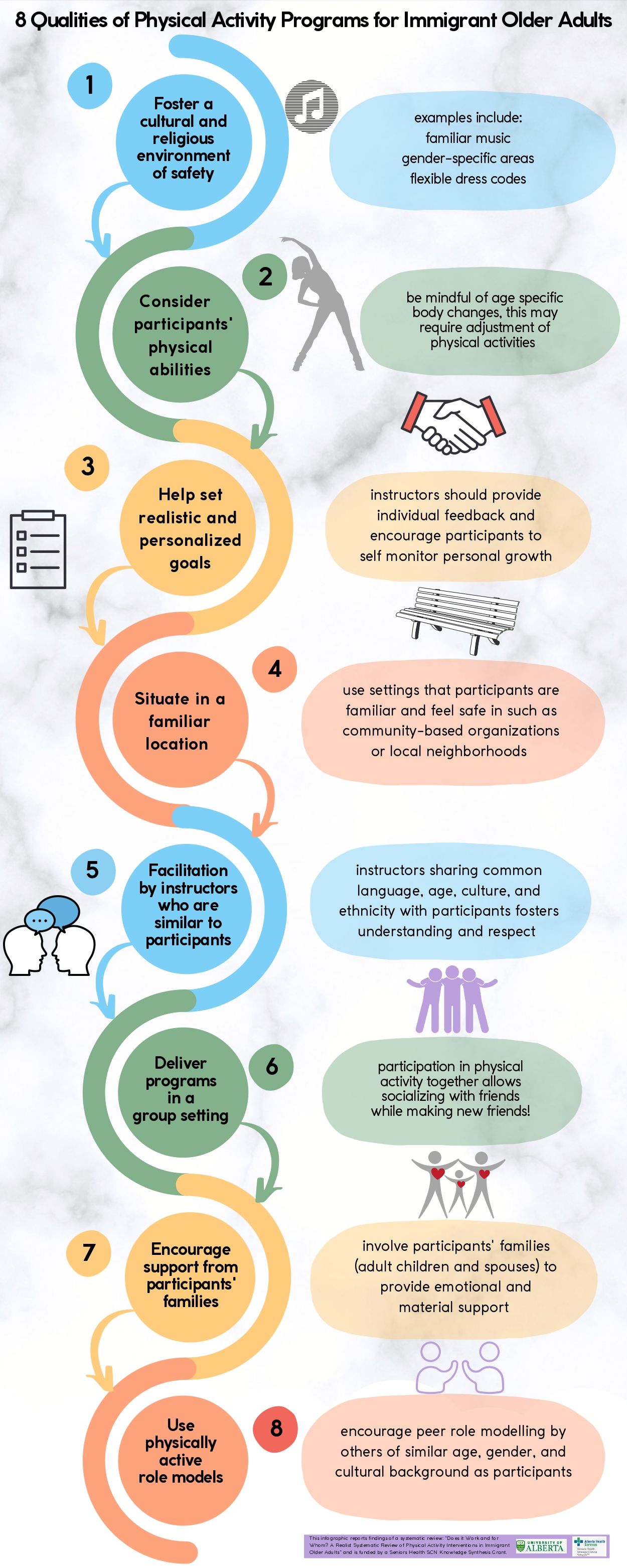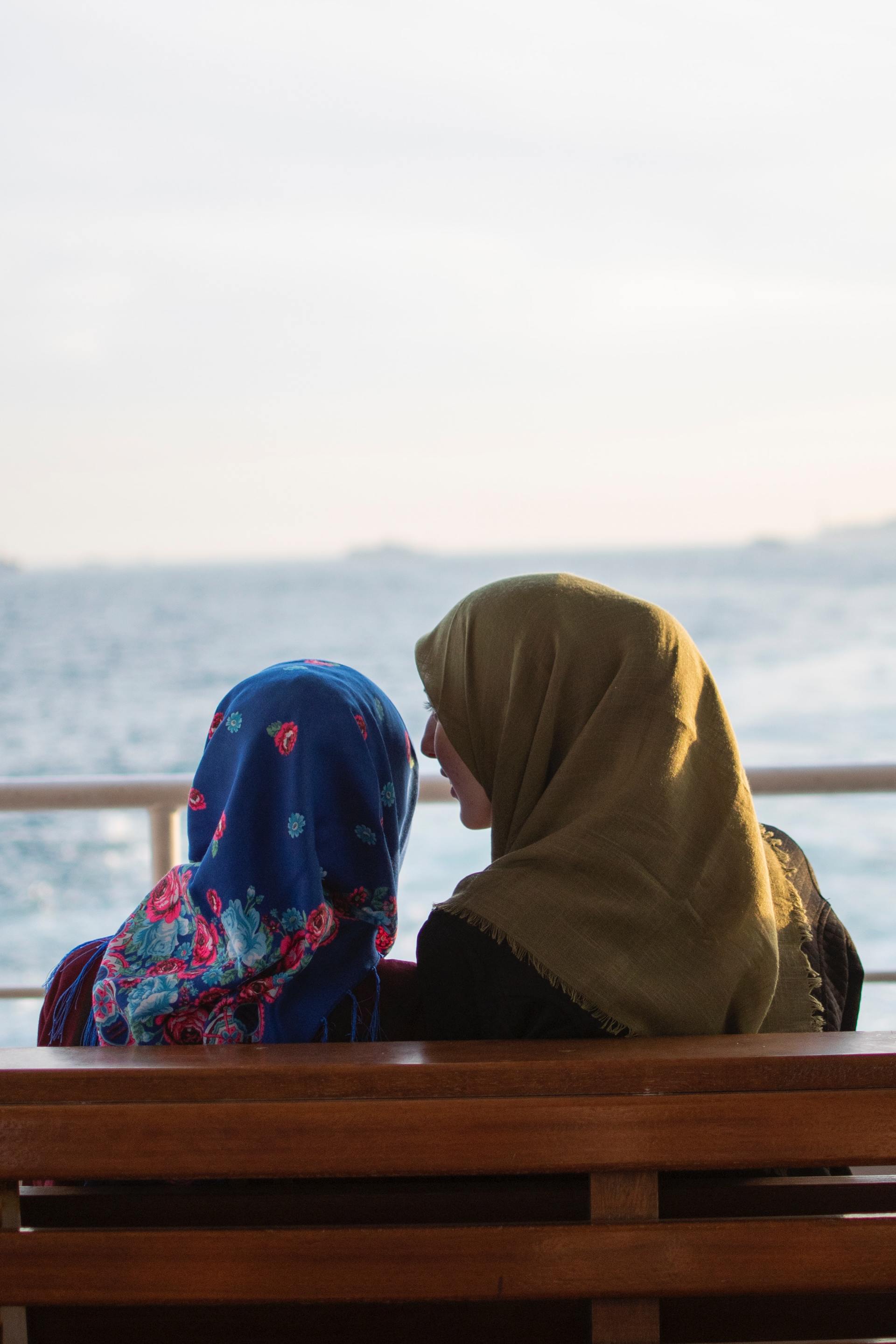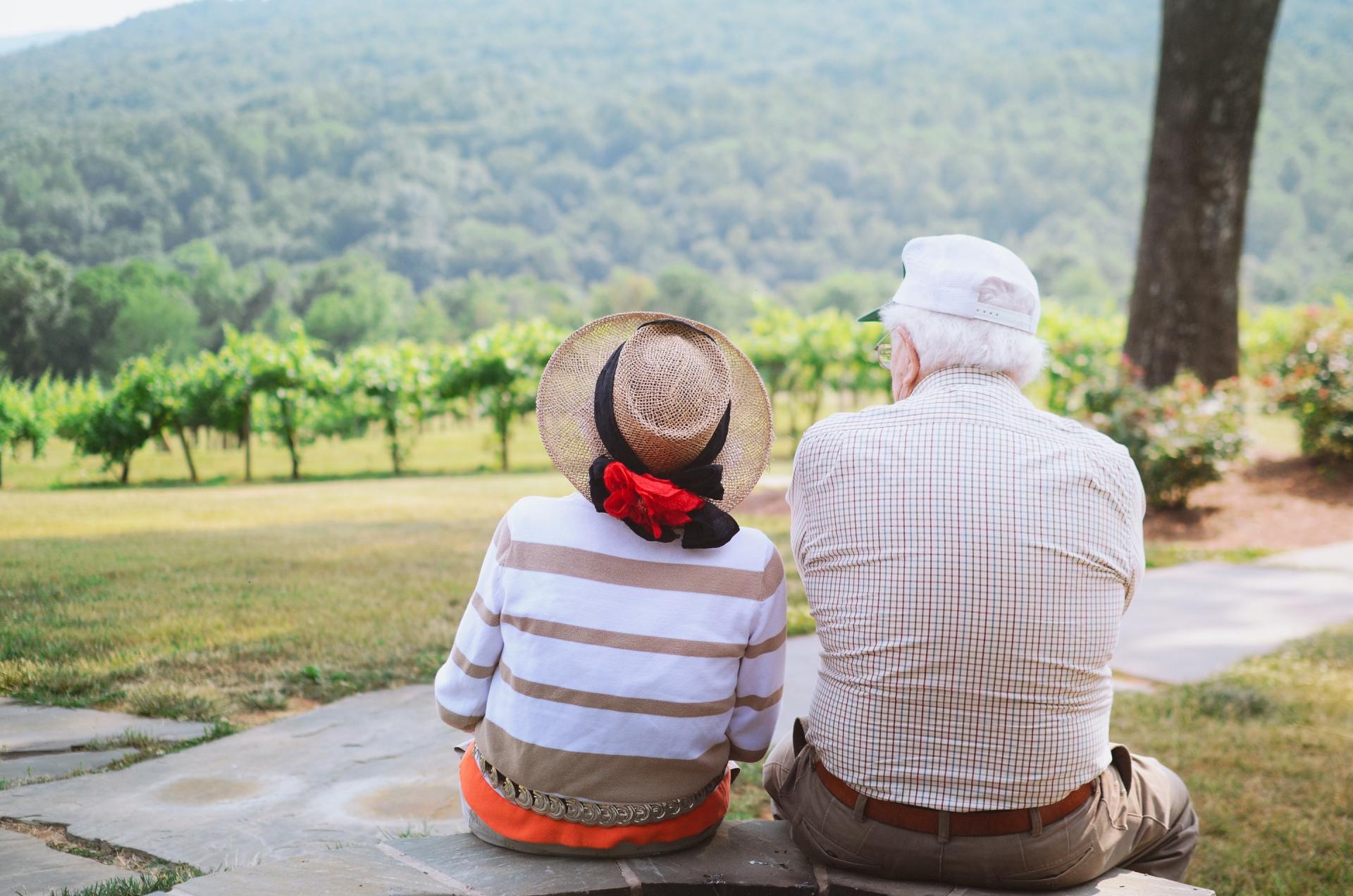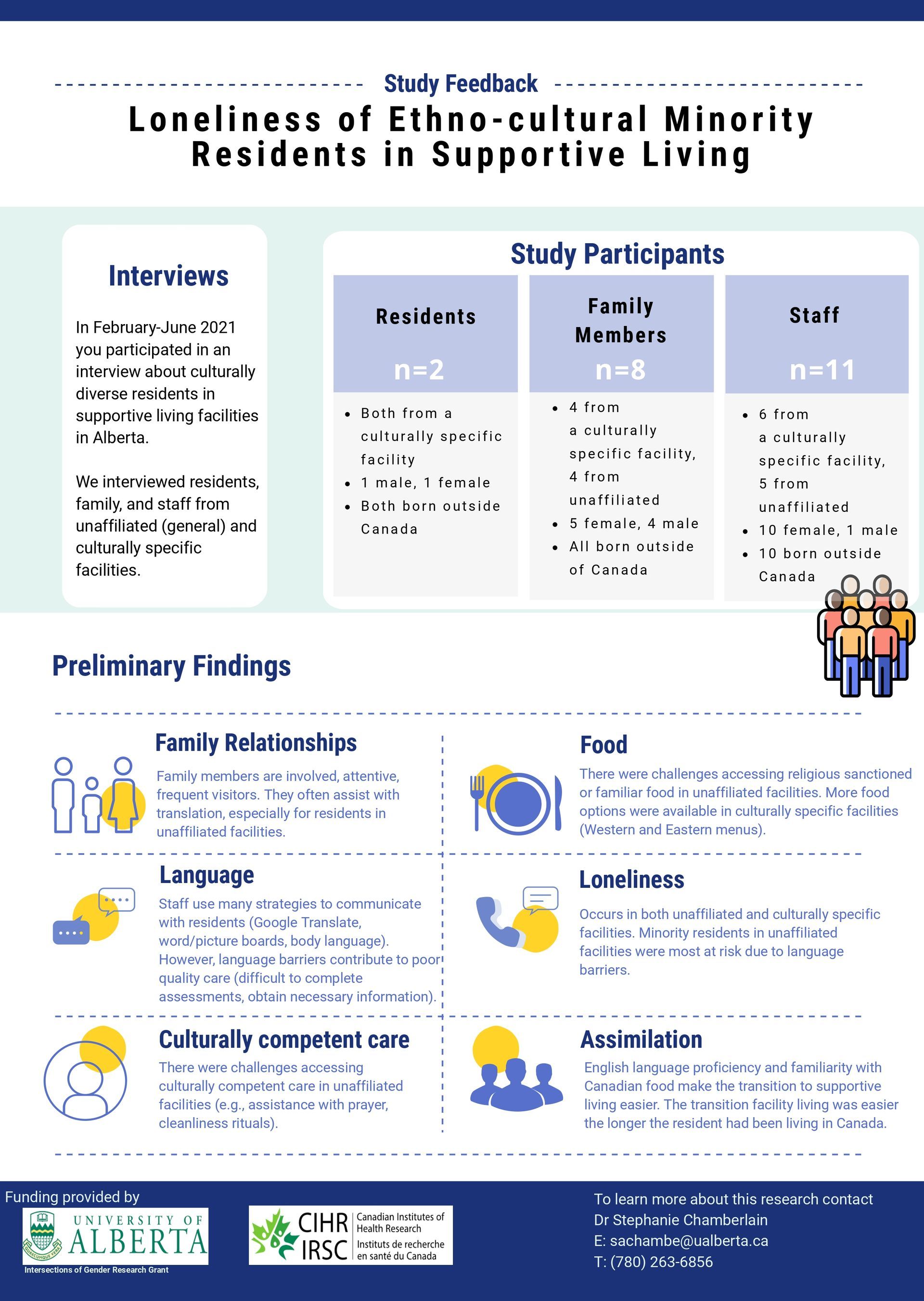Research
Reports and studies on senior's, social aspects, health, wellbeing, aging, housing & etc
Ageism
Aging
Aging & Thriving In the 21st Century
A Scan and Selective Systems Analysis of Issues, Trends,
and Innovations Vital to Older Adults in Canada.
Lead: Dr. Bukola Salami & Dr. Jordana Salma, Funded by Faculty of Nursing Endowment Fund, UAlberta (2018-2019)
Digital Literacy
Immigrant older adults face unique challenges when it comes to technology compared to other older adults. Although there are digital learning programs available for older adults, there is limited information available on the specific needs and strategies of older immigrants.
To address this gap, we conducted a community-based qualitative study using group-based digital learning sessions that were developed in collaboration with the immigrant older adults. We partnered with two organizations in Edmonton, Canada, that support local ethnocultural communities and recruited 31 older immigrants who spoke Arabic, Farsi, and Kurdish. Data was collected through interviews, focus groups, and by observing participant interactions during the digital learning sessions specifically how the program design met learning needs.
This report provides an overview of the findings on how older immigrants use information and communication technology (ICT) and aims to better understand their experiences in participating in group-based digital literacy sessions.
Authors: Jordana Salma, Manal Kleib. Alesia Au. Ghada Sayadi, Hesham Siddiqi, and Tianqi Zhao
Technology aids with healthy aging, however there are a lack of studies focused on how Arabic-speaking older adults’ engage with Information and Communication Technologies (ICTs). This project focused on digital competence amongst Arabic-speaking older adults’ in Edmonton, as well as identifying what their learning needs are. Focus group sessions and group interviews with this demographic have been conducted on this topic, and a Technology Program was hosted at Al-Rashid Mosque and at Islamic Family and Social Services Association (IFSSA) during the fall of 2022.
If you are interested in hearing about this research study or if you have any questions, please contact IREA@UALBERTA.CA or give us a call at 587-783-9119.
Lead: Dr. Jordana Salma, Funded by Social Sciences and Humanities Research Council SSHRC (2020-2023).
Neighbourhood Perceptions
Every person in Canada should feel safe and confident when they go for a walk in their own neighborhood. Walking is something we all do every day, and it has many proven benefits. Unfortunately, during the pandemic, older women from racialized backgrounds have been facing more health problems. This is because they are at a higher risk of experiencing violence because of their skin color or religious beliefs. This has made them feel more isolated and unable to go outside their homes. This research project is aiming to find solutions that come from the community itself and focus on fairness and equality. Walking interviews are currently being conducted with older women from racialized backgrounds in Edmonton. Then, together with them, we will come up with ideas and plans to make it easier and safer for them to go outside and enjoy walks.
If you are interested in participating in our research study or if you have any questions, please contact IREA@UALBERTA.CA or give us a call at 587-783-9119.
Lead: Dr. Jordana Salma, Funded by Canadian Institutes of Health Research CIHR (2022-2026).
Physical activity
Muslims growing older in Edmonton continue to request local, accessible, and culturally-sensitive physical activity programs. The goal of this project was to evaluate an outdoor walking program for older Muslims. Thirteen Muslim older adults participated in a workshop followed by a 10-week group walking program with a trained instructor at a local park. Participants were given FitBits to track their step counts over the duration of the program. Participants provided feedback on their satisfaction with the program. This project will inform future program development that targets physical activity in the Muslim community.
Lead: Dr. Allyson Jones & Dr. Jordana Salma, Funded by Faculty of Nursing Establishment Grant, UAlberta (2019-2020)
Staying active and doing fun physical activities is good for our well-being, especially as we get older. However, some older immigrants aren't as active as they should be. In this review, we wanted to understand why some exercise programs for older immigrants work while others don't. We looked at how and why these programs work, who they work best for, and in what situations they work well. We conducted multiple literature searchers and also spoke with five community stakeholders with expertise to confirm our findings. By doing this research, we learned not only what we already know and what we still need to find out, but also what we can do to make group exercise programs for older immigrants successful.
Lead: Dr. Jordana Salma, Funded by Alberta Health Services Seniors Health SCN Knowledge Synthesis Grant (2020-2022)
Social Connectedness vs. Isolation
Perspectives of Muslim older women in Canada are often overlooked in policy making, service provision, and aging research. This community-based participatory research project’s purpose is to work on creating safe environments for Muslim older women to reflect on their experiences of social connectedness. This project utilized photo-elicitation as well as narrative multi-series interviews with participants, and covers a wide range of topics - from migration stories, to social events. Findings shows that family, language, culture, religion, and technology play a central role in the lives of older Muslim women when it comes to fostering a sense of social connectedness.
Lead: Dr. Jordana Salma, Funded by Social Sciences and Humanities Research Council SSHRC (2020-2023)
In this one-year project, data was collected on the experiences and urgent needs of Muslim seniors’ during the pandemic using phone interviews and surveys. Results revealed that the majority of senior respondents felt as though their mental and physical health during the pandemic was the same as before it started, that their needs were being met in the community, and that they did not face obstacles when trying to attend programs offered at the Al-Rashid Mosque (Edmonton).This information was used to inform leadership at Al-Rashid Mosque, specifically for their senior-focused programming.
During the COVID-19 pandemic many Muslim older adults have lost access to their social support systems. This has resulted in more reports of loneliness and social isolation. We are conducting interviews with Muslim older adults, their caregivers, and local leaders to identify ways to enhance resilience during the pandemic. Together with Al-Rashid Mosque in Edmonton, we are implementing a series of digital and in-person activities to support the social and recreation needs of older community members.
If you are interested to participate or you have questions, please contact Loubna Laaouad: loubna.laaouad@alrashidmosque.ca or call Al-Rashid Mosque: 780.451.6694
Supportive Living
In Racialized and/or ethnocultural minority older adults in supportive living settings may not have access to appropriate services and activities. Most supportive living facilities are mainstream (not specifc to one group); however, culturally specifc facilities are purpose-built to accommodate older adults from a particular group. Our objective was to describe the perspectives of diverse participants about access to culturally appropriate care, accessible services, and social and recreation activities in culturally specifc and mainstream (non-specifc) supportive living facilities.

